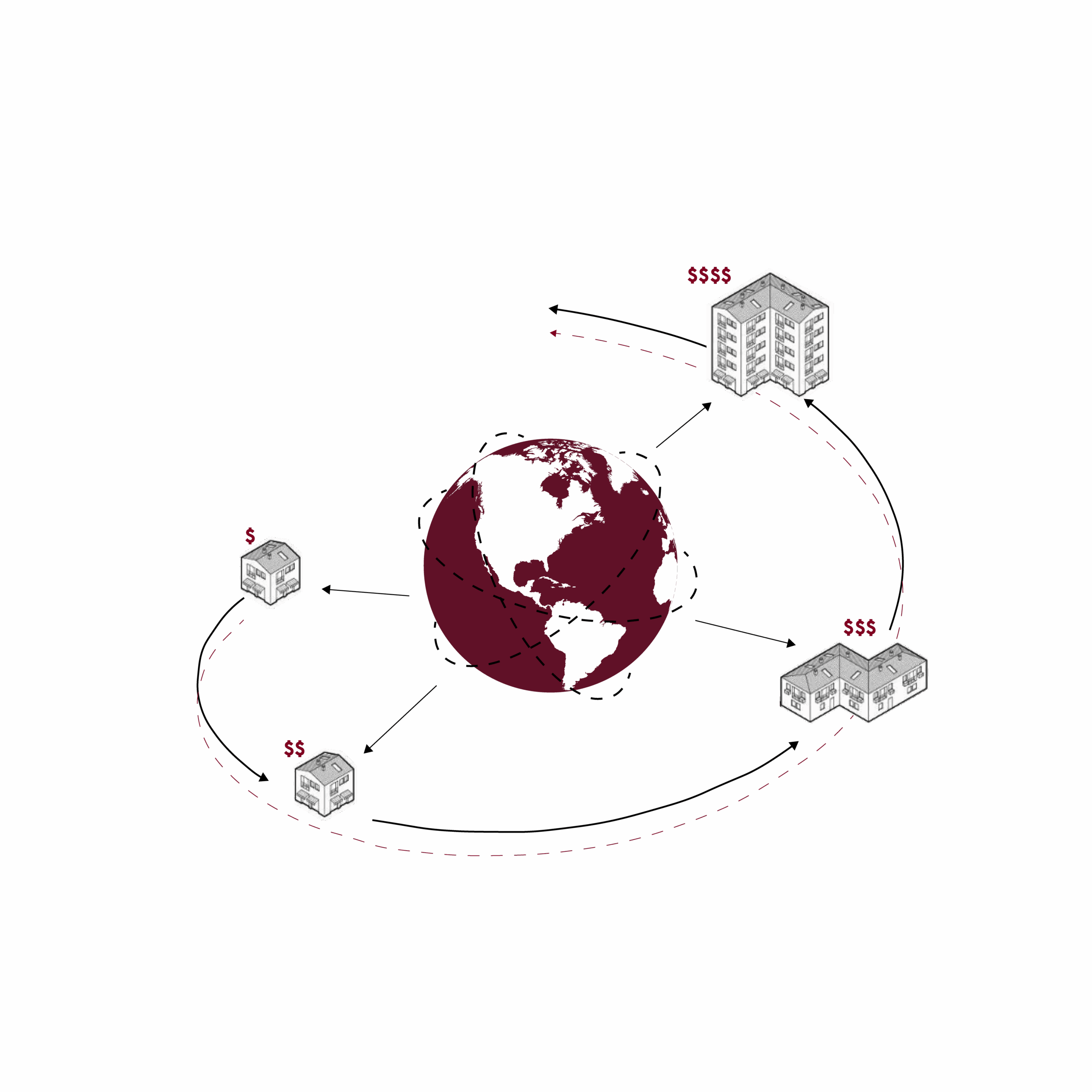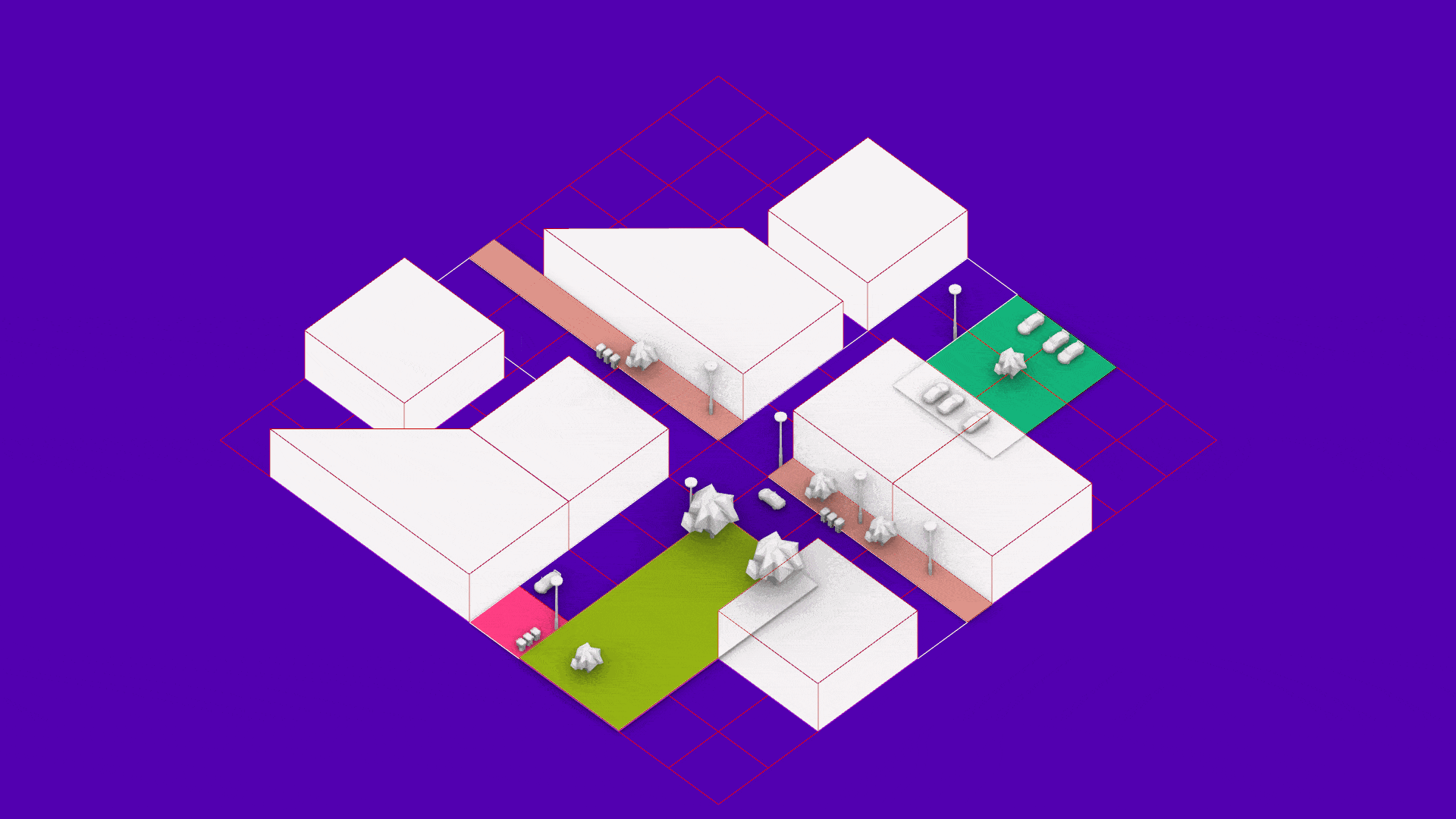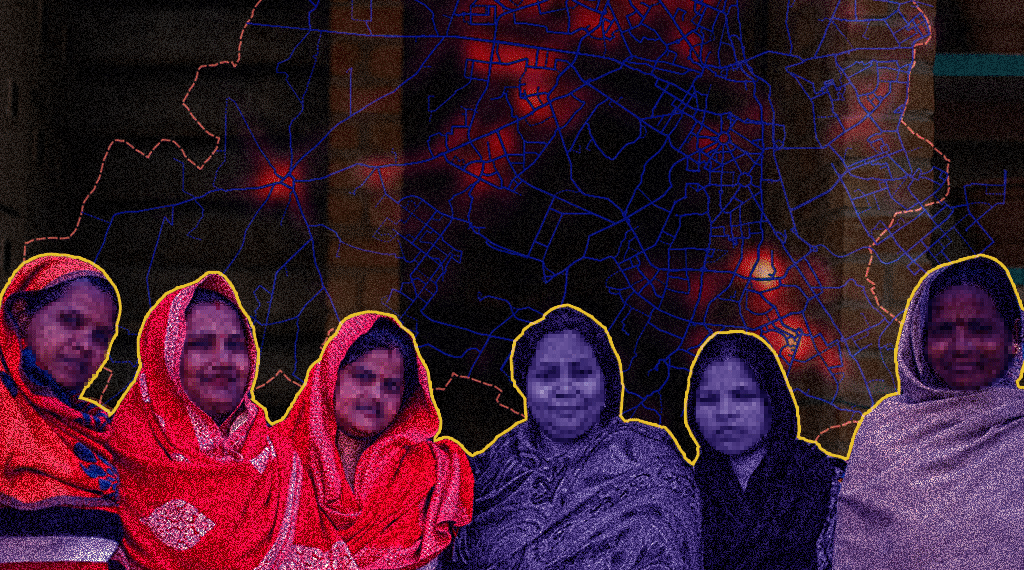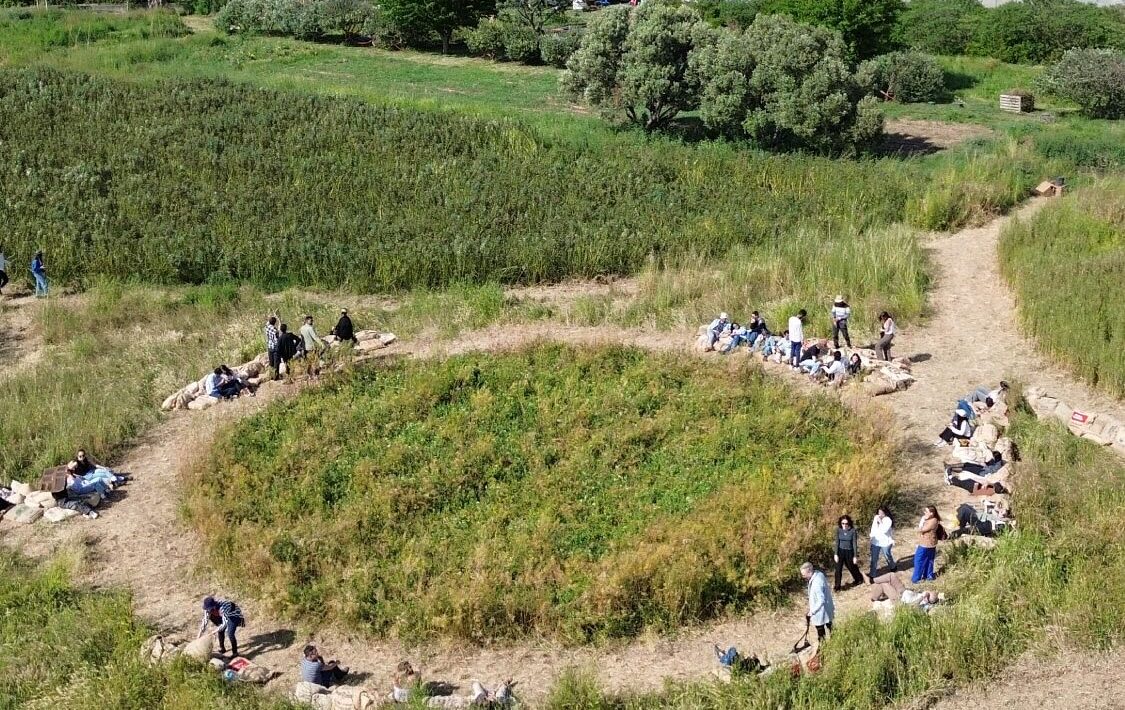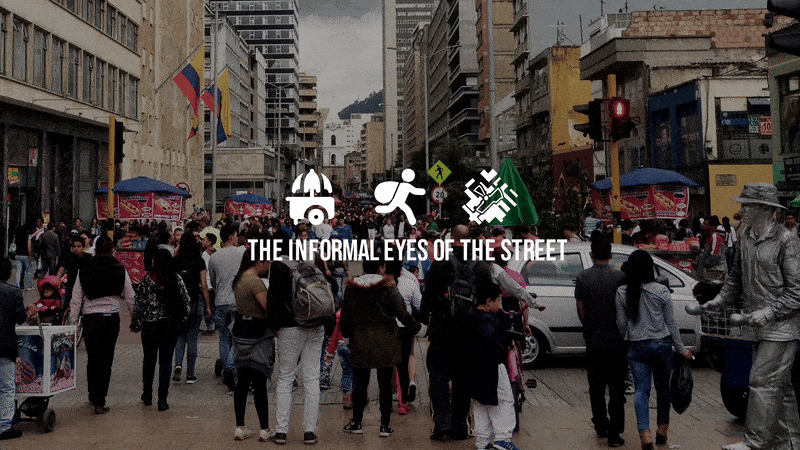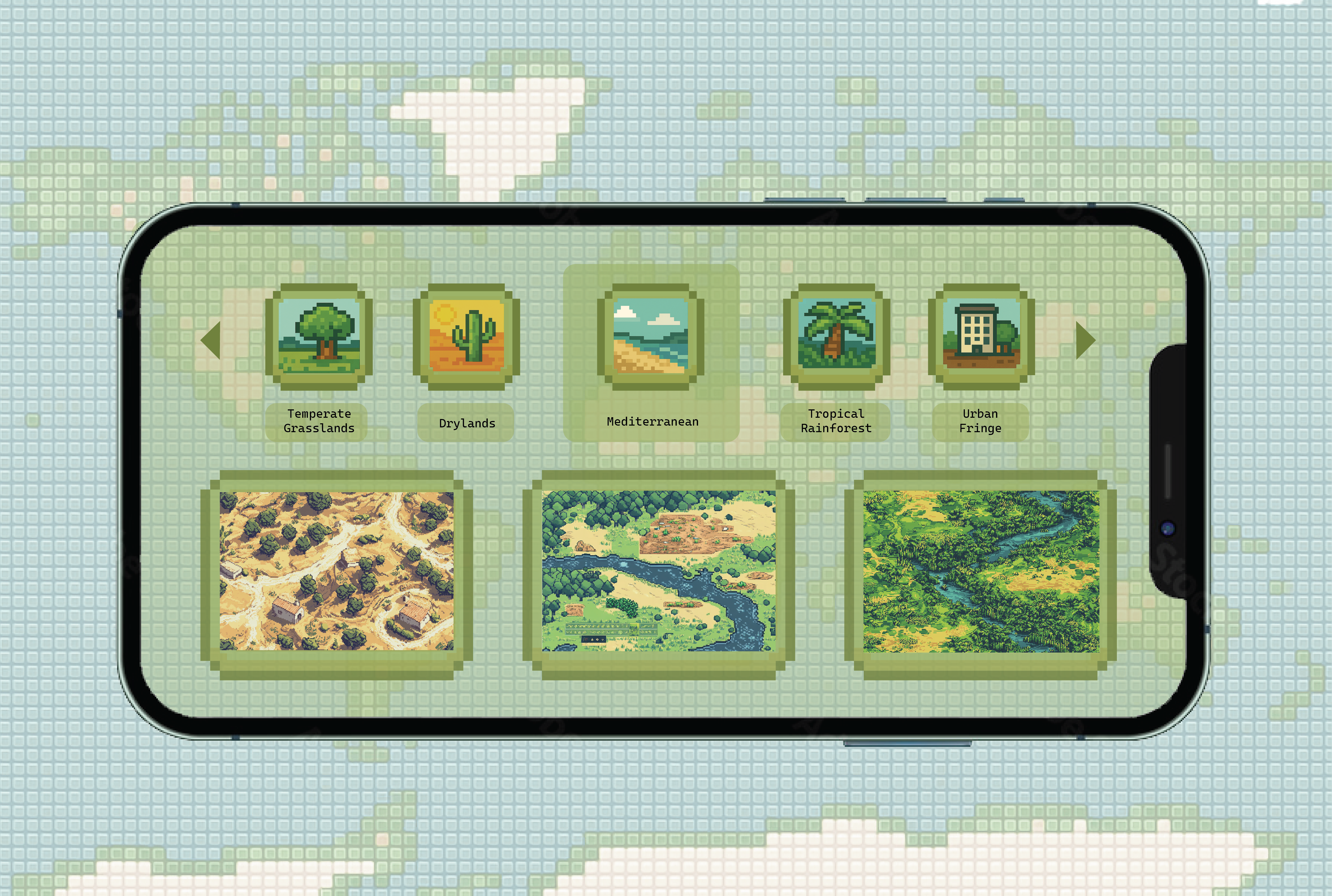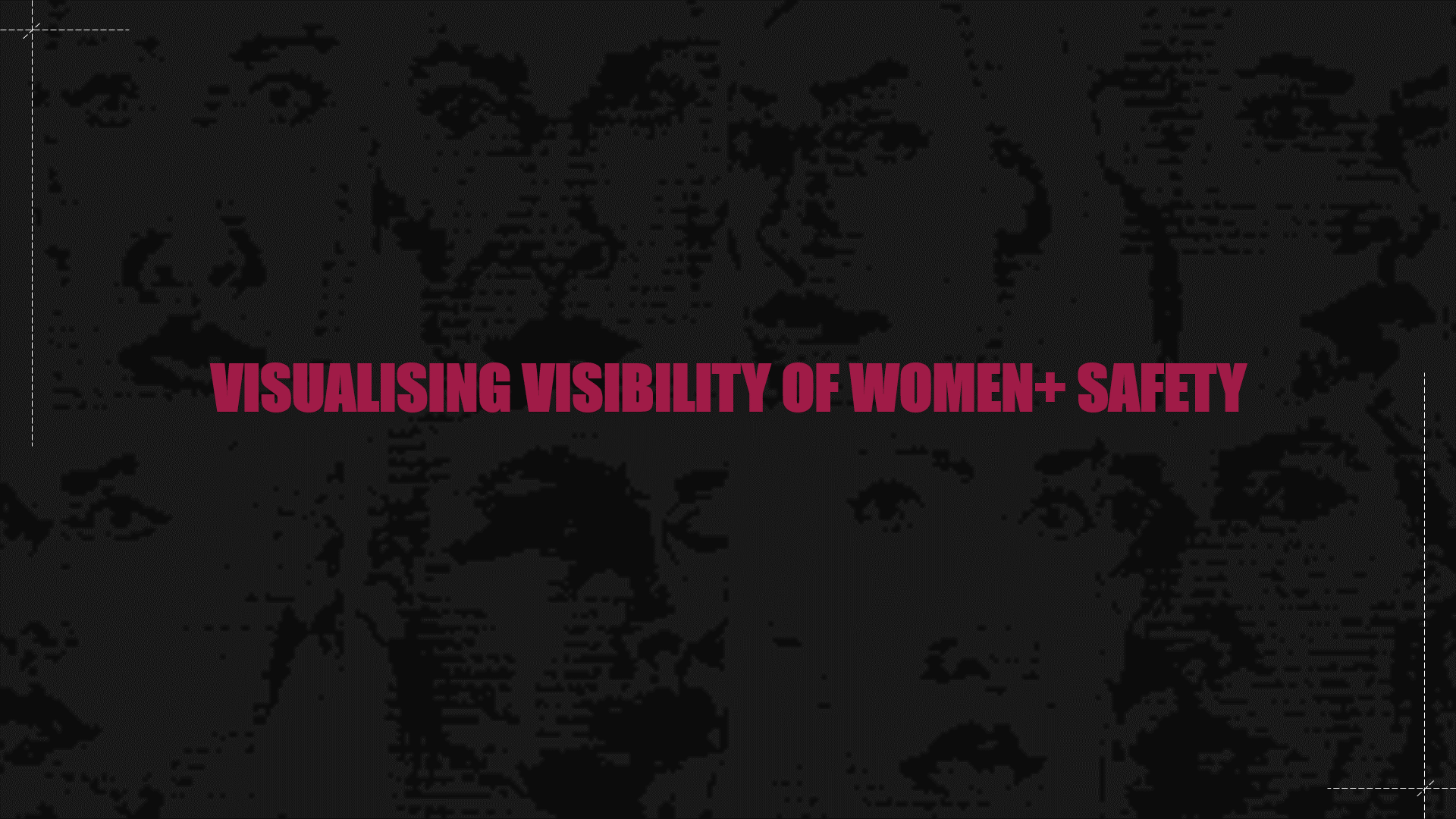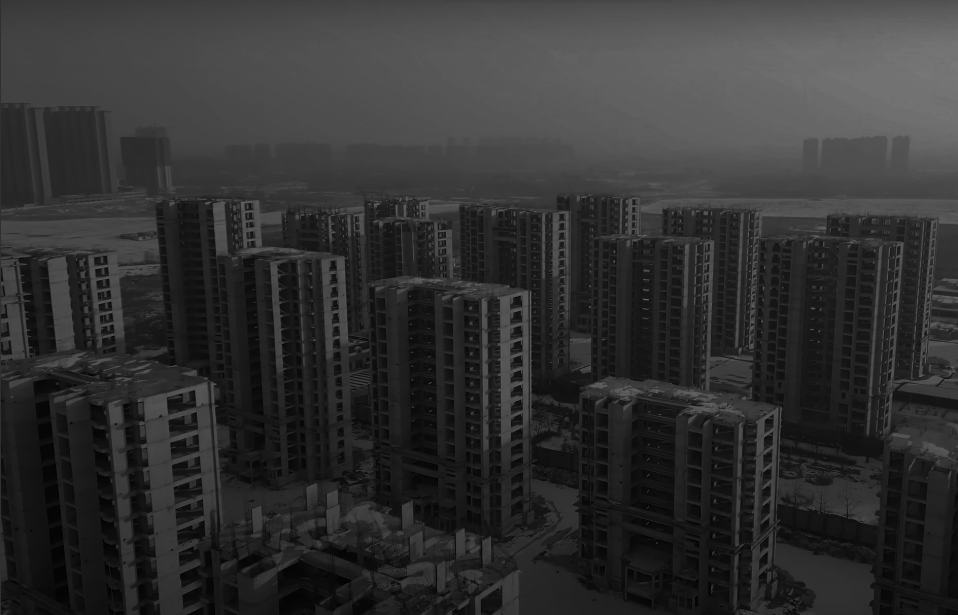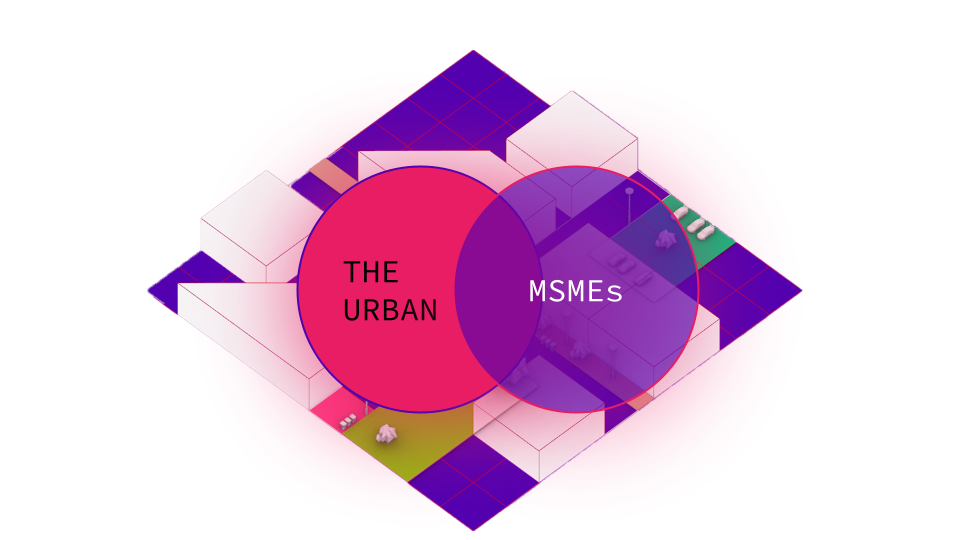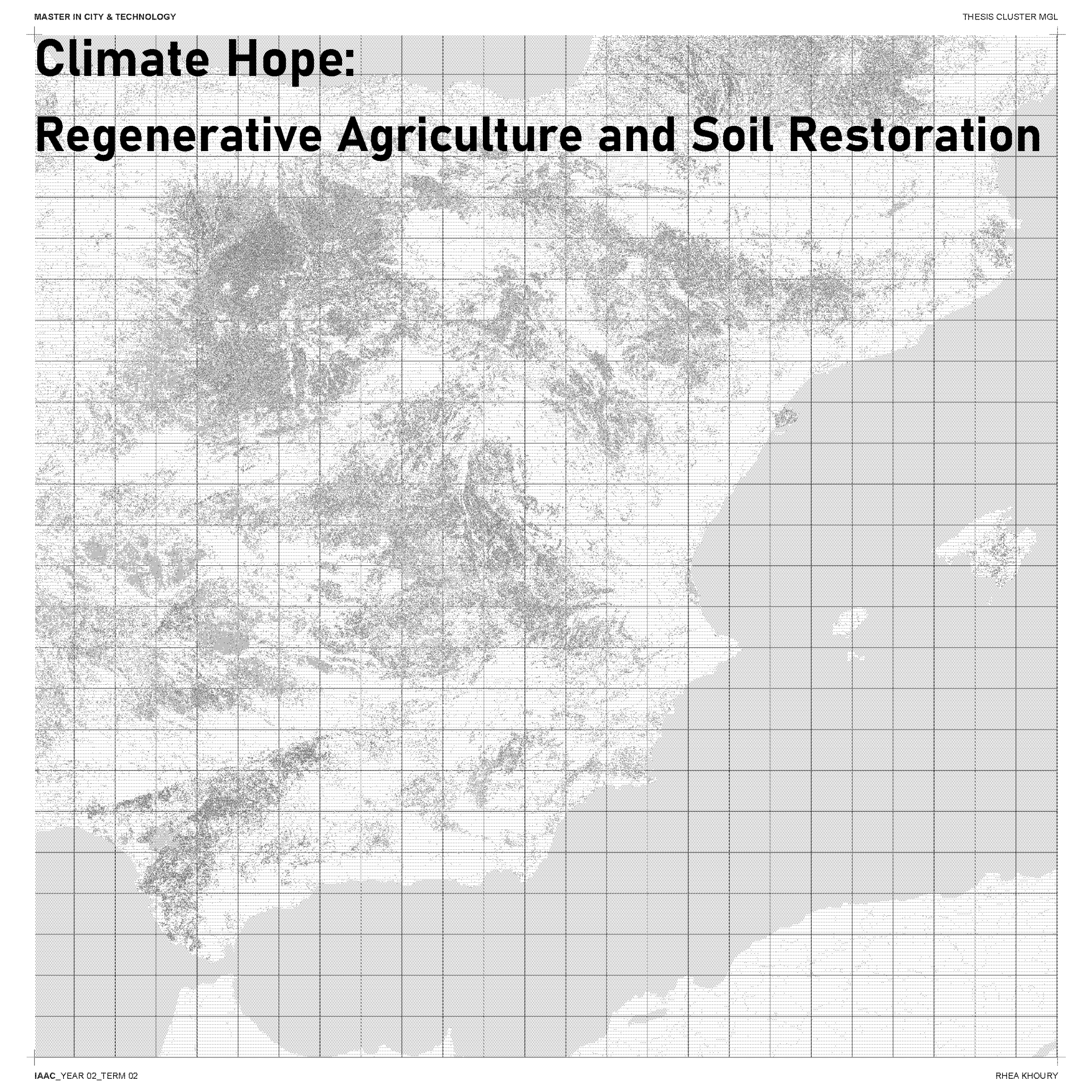Back to Trash
Starting from unpacking a machine, exploring the machines functionality, critically reporting and creating a machine paradox. In our first week, we were introduced to a bunch of scrap in our backyard. We choose to unpack a vacuum cleaner which was not fully functional. ╭────────────────────────────────────────────╮│ FORENSIC REPORT: UNPACKING TECHNOLOGY │╰────────────────────────────────────────────╯ Reporting Agency: MACT, MAA, MDEFCase Identifier: … Read more


